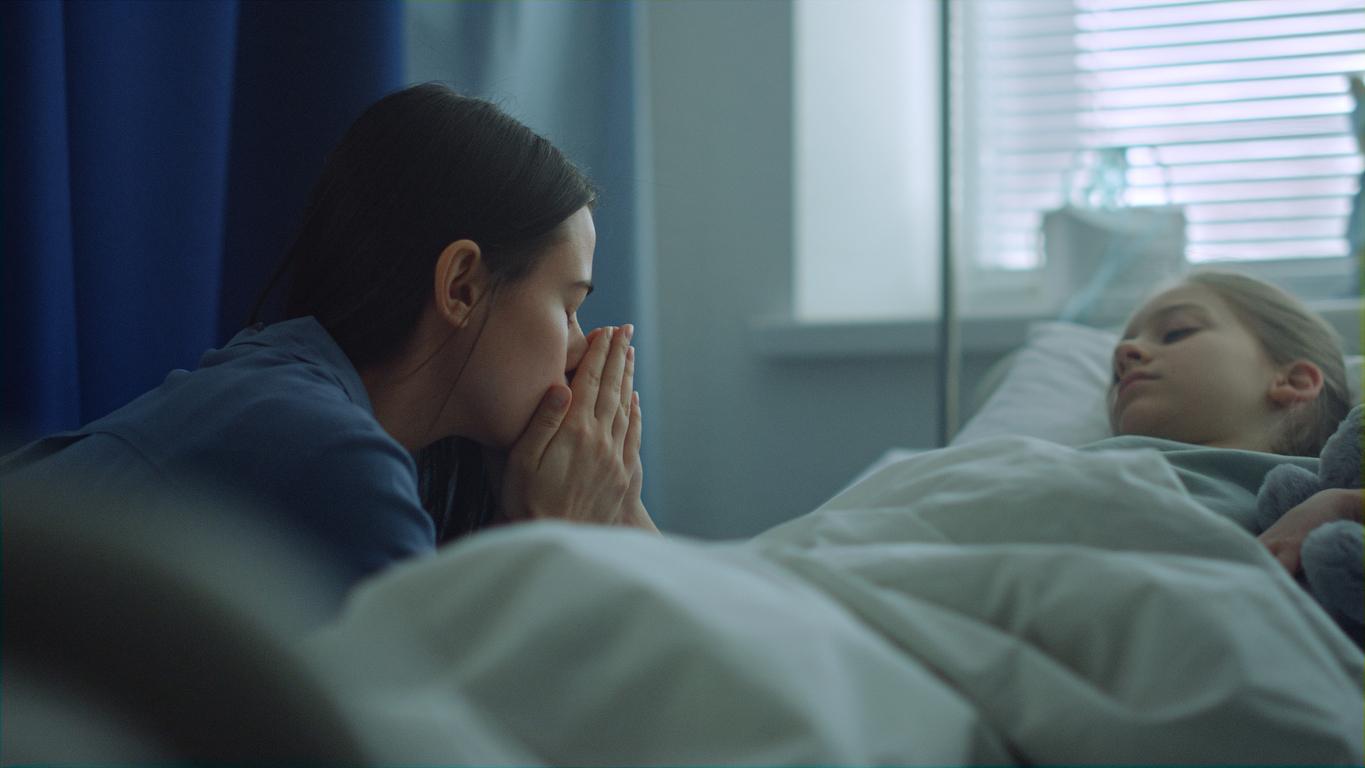A patient’s diagnosis of cancer may increase the risk of psychiatric and cardiovascular diseases in family members, researchers say.

- The researchers wanted to know whether a cancer diagnosis might contribute to negative psychiatric and cardiovascular outcomes in the patient’s family members.
- Within five years of a loved one’s cancer diagnosis, 7.1% of parents and spouses had been diagnosed with a psychiatric illness, and 7.6% had been diagnosed with cardiovascular disease.
- One year after their child was diagnosed with cancer, the parents’ risk of developing health problems was almost four times higher than for other parents.
The disease carries its share of collateral damage. A cancer diagnosis in a family member can increase the risk for parents and spouses of developing psychiatric and cardiovascular diseases, according to a new study published in CANCERan international journal of the American Cancer Society.
78,000 parents and spouses of cancer patients
“Having a loved one diagnosed with cancer can be a stressful and traumatic experience for the whole family.”explain researchers from the Mayo Clinic in the United States in a press release. Because stress influences not only mental health but also cardiovascular health, the researchers wanted to know whether a cancer diagnosis might contribute to negative psychiatric and cardiovascular outcomes in the patient’s family members.
Using the Utah Population Database, the scientists identified nearly 78,000 first-degree relatives and spouses of about 50,000 people diagnosed with genitourinary cancer between 1990 and 2015. They compared them to a control group of more than 80,000 relatives and spouses of about 245,000 people not diagnosed with cancer.
The team of researchers found that within five years of a family member’s cancer diagnosis, 7.1% of parents and spouses had been diagnosed with a psychiatric illness, and 7.6% had been diagnosed with cardiovascular disease. One, three and five years after the cancer diagnosis, relatives of the patient had a 10%, 5% and 4% increased risk of developing a psychiatric illness compared with controls, and a 1%, 3% and 5% increased risk of developing cardiovascular disease.
Even higher risk in parents of children with cancer
Not surprisingly, parents of children with cancer were the first to be affected by the diagnosis: one year after the announcement, their risk of developing health problems was “almost 4 times higher” than for other parents. It should also be noted that a diagnosis of kidney or bladder cancer seemed to be “the most stressful” among genitourinary cancer types, while testicular cancer was “the least”.
“A cancer diagnosis is a life-changing event for patients and their families. […] As healthcare professionals, we should take a multidisciplinary approach to addressing the stress of a cancer diagnosis by helping to alleviate the financial strain, the burden of treatment, and the emotional impact on the patient and their family.”conclude the authors of the study.


















